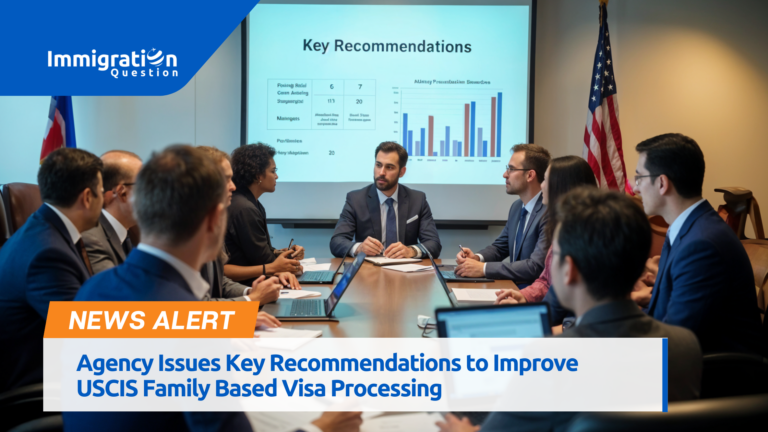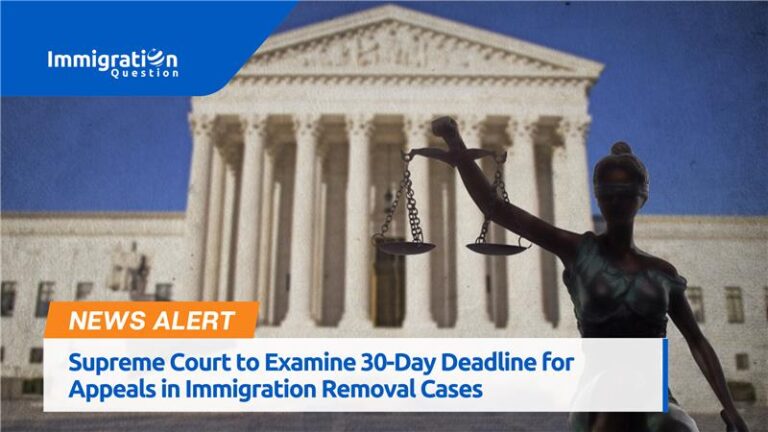A Ninth Circuit judge has raised concerns about a long-standing legal precedent that, in his view, allows individuals to exploit immigration appeals to prolong their stay in the United States. This critique came after a divided panel upheld the denial of asylum to a Ukrainian man, Vitaliy Chmukh, due to his conviction for possessing a stolen vehicle, which was deemed an aggravated felony and grounds for removal.
The Controversial Precedent
The 2005 ruling in Abebe v. Gonzales has been a focal point of criticism for U.S. Circuit Judge Lawrence VanDyke. He contends that the decision unintentionally incentivizes immigrants to withhold arguments when appealing to the Board of Immigration Appeals (BIA), only to raise them later in circuit court. According to Judge VanDyke, this approach creates a loophole that encourages procedural delays and undermines the immigration process.
The judge argued that immigrants can strategically bypass the agency by not addressing potential errors in an immigration judge’s decision during their BIA appeal. This allows them to bring up these issues later during judicial review, effectively buying more time to remain in the country.
Chmukh’s Legal Challenges
Chmukh, who arrived in the U.S. as a refugee in 2001 with his family, faced removal after his conviction for possession of a stolen vehicle. In response, he sought asylum, withholding of removal, and protection under the United Nations Convention Against Torture, citing fears of persecution in Ukraine for his religious beliefs and political opinions.
Despite these claims, the panel found no errors in the immigration judge’s ruling. Judge Ryan D. Nelson, writing for the majority, stated that Chmukh’s conviction classified as an aggravated felony, rendering him ineligible for asylum. Additionally, the BIA determined that his crime was “particularly serious,” which disqualified him from withholding of removal.
A Divided Panel
The case revealed differing opinions among the judges. Judge Gabriel P. Sanchez, in a partial dissent, argued that the BIA failed to adhere to its own precedents. He criticized the agency for not adequately assessing whether Chmukh’s crime met the criteria for being particularly serious. Furthermore, he questioned how a non-violent offense involving stolen mail could justify such a designation, given its lack of physical harm or use of weapons.
Implications of the Ruling
Judge VanDyke’s separate opinion emphasized the broader implications of the court’s precedent, describing it as a “perverse incentive” for procedural gaming. He noted that immigrants could intentionally withhold arguments during the BIA process to prolong their legal battles, ultimately extending their stay in the U.S.
In this case, however, the panel unanimously agreed that Chmukh’s guilty plea warranted his removal. Judge Sanchez’s dissent highlighted the need for clearer standards and explanations from the BIA to ensure fairness and consistency in applying the law.
Looking Ahead – Ninth Circuit Judge Highlights Appeals as a Delay Tactic for Asylum Seekers
The Ninth Circuit’s decision in Chmukh v. Garland underscores the complexities of immigration law and the challenges of balancing procedural fairness with the need for efficiency in the system. While the ruling resolves Chmukh’s case, it also reignites broader discussions about how legal precedents can shape immigration processes and outcomes.
Moving forward, there may be calls to revisit the 2005 Abebe ruling to address the loopholes highlighted by Judge VanDyke. Advocates and policymakers could explore reforms to ensure that appeals processes remain fair without incentivizing delays. The case serves as a reminder of the ongoing need to refine immigration laws to reflect both justice and practicality in a rapidly changing landscape.
To stay updated and informed, watch our news section or drop your immigration queries on immigration question and get responses from professional attorneys.










